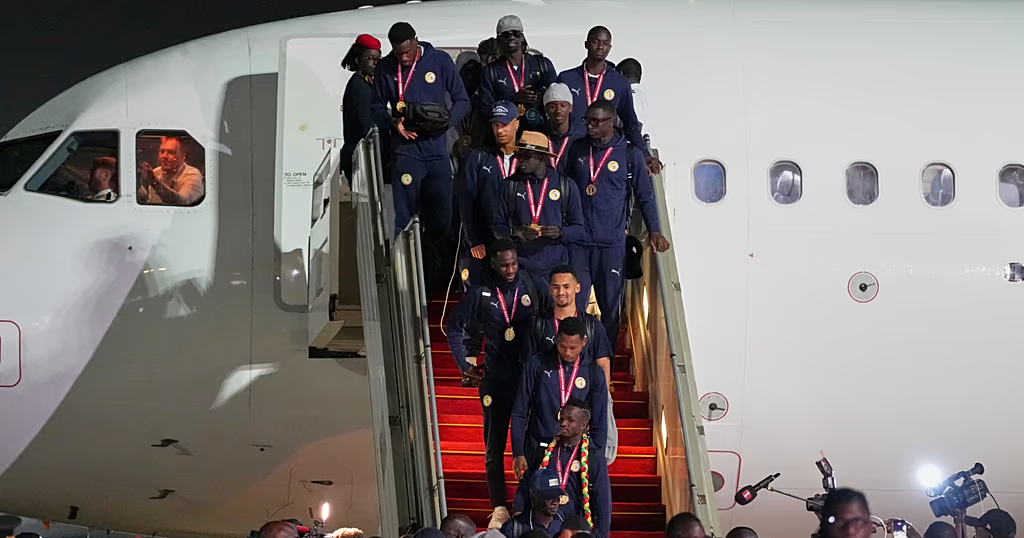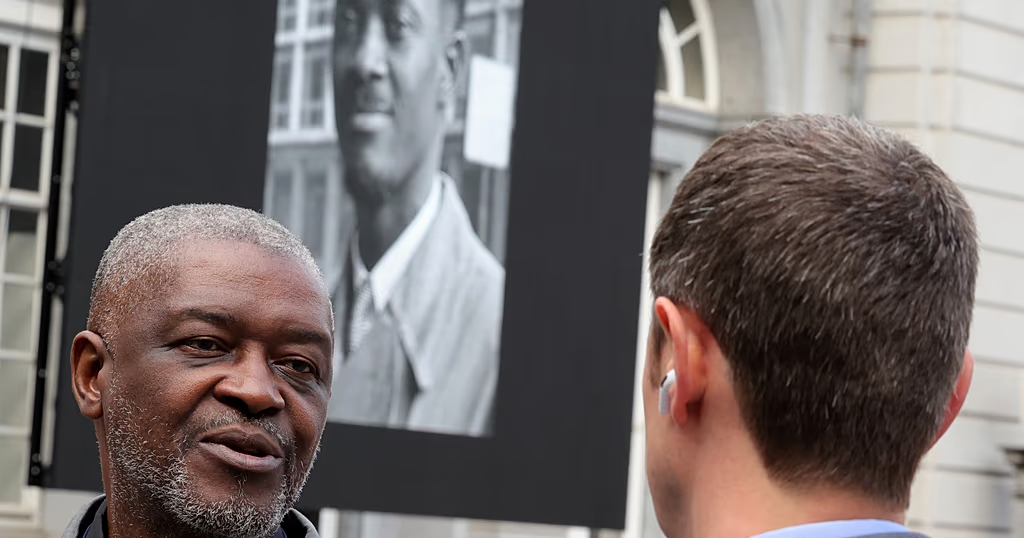South Sudan’s peace talks, which have been ongoing since May in Kenya, faced a significant setback on Tuesday as opposition groups demanded the removal of a newly passed security bill before agreeing to a proposed peace deal.
The talks, aimed at addressing unresolved issues from the 2018 agreement that ended a five-year civil war, have been marred by disagreements over the National Security Act. This bill, which allows the detention of individuals without an arrest warrant, was passed by South Sudan’s parliament last week and awaits President Salva Kiir’s approval within 30 days to become law.
Pagan Amum Okiech, who is negotiating on behalf of the South Sudan Opposition Movement Alliance, told the Associated Press that the bill, if signed into law, would make it “meaningless to sign any agreement.”
“This law violates the fundamental rights and freedoms of South Sudanese citizens, it eliminates civic and political space,” Amum said. “There can be no peace or democracy under such a law.”
The peace talks, known as Tumaini, which means “hope” in Swahili, have made progress towards a draft agreement. This agreement proposes extending South Sudan’s transitional period and postponing the December 22 election to complete the country’s constitution, electoral laws, and establish constituency borders and a unified security force.
Human Rights Watch has also urged President Kiir to reject the bill, warning that it would further damage human rights and strengthen national security agencies with a history of abuses.
Edmund Yakani, the executive director of the Community Empowerment for Progress Organization, criticized the bill for creating “a negative spirit for the negotiations.” He represents a non-profit that works with university students and recent graduates.
Despite these challenges, some Western diplomats have suggested delaying the election to ensure it is free and fair. However, President Kiir remains firm on holding the election in December and has criticized those advocating for a delay.



